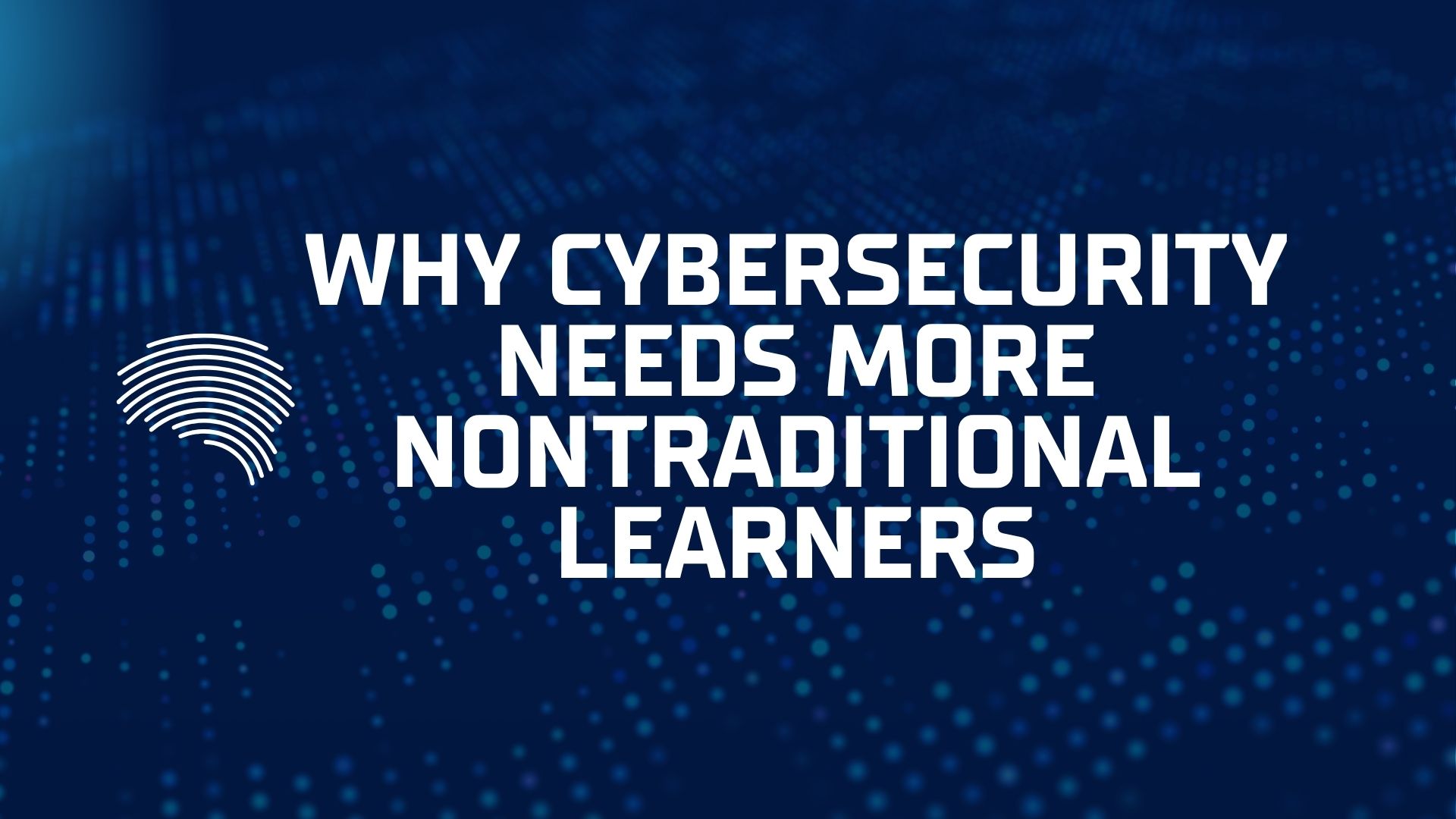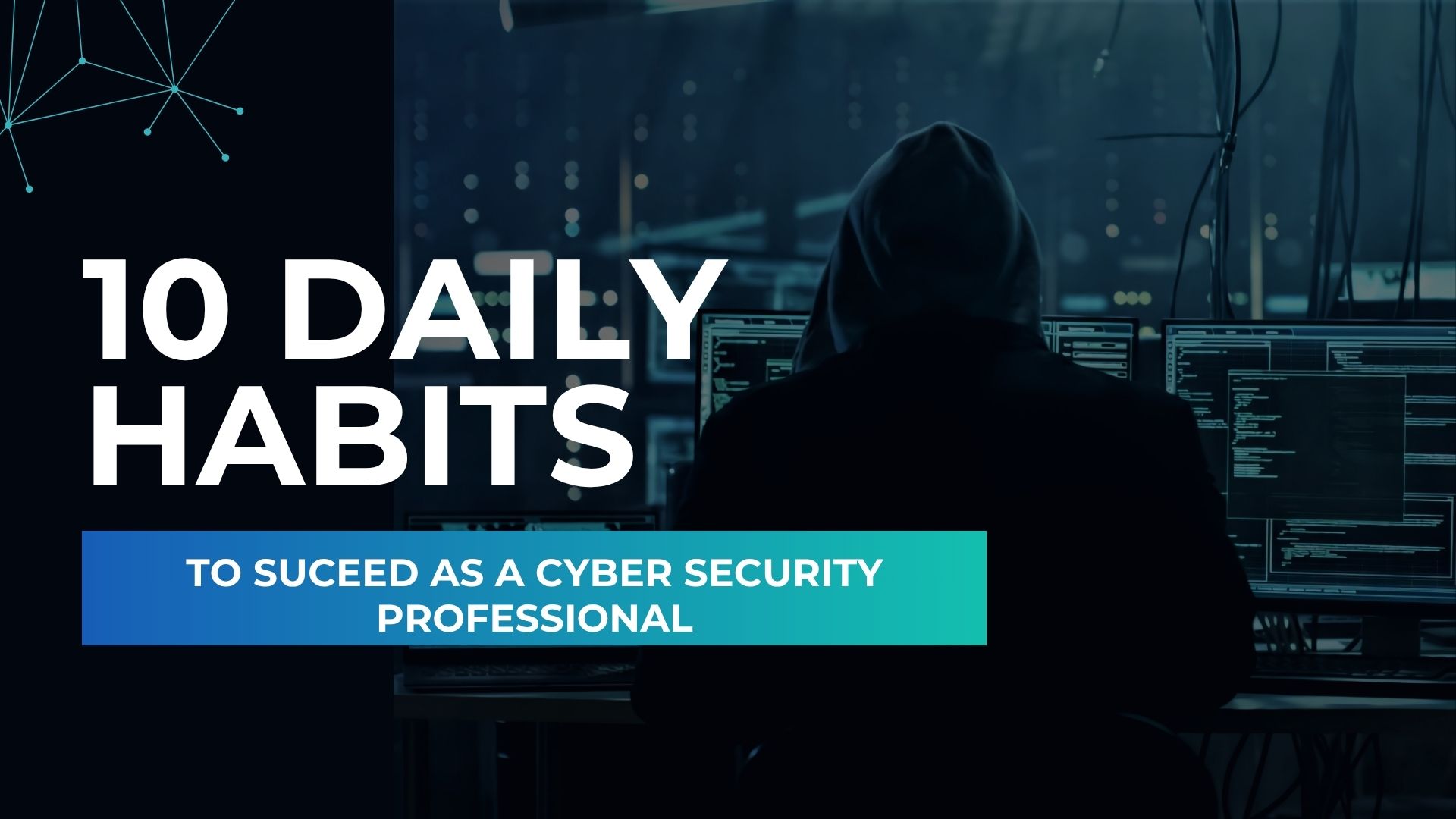Why Cybersecurity Needs More Nontraditional Learners
Cybersecurity is one of the most in-demand fields in the world today, but it’s also one of the most misunderstood. While many assume the field is only for coders with computer science degrees, the reality is much broader. In fact, the future of cybersecurity depends on welcoming more nontraditional learners.
These include individuals who transition from unrelated careers, self-taught learners, liberal arts students, military veterans, and those returning to school later in life. Their diverse skills, perspectives, and approaches bring immense value to the evolving challenges of digital defense.
The Cybersecurity Talent Gap
According to (ISC)², there is a global shortage of over 4 million cybersecurity professionals. Organizations struggle to fill roles that require not just technical knowledge, but also analytical thinking, communication, and problem-solving under pressure.
The industry’s talent pipeline cannot be sustained by computer science graduates alone. To keep up with growing threats, the field must tap into a wider and more diverse pool of learners.
What Nontraditional Learners Bring to Cybersecurity
-
Fresh Perspectives
People coming from careers in law, education, healthcare, psychology, or communications often spot risks, behaviors, and patterns others may miss. For example, someone with a psychology background might excel at social engineering analysis, while a teacher might be an exceptional security awareness trainer. -
Strong Soft Skills
Communication, leadership, empathy, and adaptability are critical in cybersecurity. Incident response teams, risk analysts, and compliance professionals often rely more on these interpersonal skills than on raw coding ability. -
Creative Problem-Solving
Diverse backgrounds lead to creative thinking. A former artist may think visually when analyzing threats. A project manager might streamline security workflows more effectively. This kind of creativity is vital in an industry where adversaries constantly evolve their tactics. -
Real-World Context
Many nontraditional learners bring valuable domain expertise. Someone from the healthcare field might excel in securing patient data. A finance professional may understand risk modeling better than a purely technical hire. -
Motivation and Resilience
Choosing to pivot into cybersecurity, especially through self-study or career change, requires drive and discipline. This type of learner often approaches challenges with a strong sense of purpose and perseverance.
Lowering the Barriers to Entry
Despite the need for diverse talent, many hiring practices still favor candidates with traditional degrees and long technical résumés. Organizations can address this by:
-
Focusing on skills and practical experience over academic background
-
Offering paid apprenticeships and bootcamp-to-job pipelines
-
Removing unnecessary degree requirements in entry-level roles
-
Supporting mentorship and professional development programs
How Nontraditional Learners Can Break In
For those exploring cybersecurity from a nontraditional path, here are some proven strategies:
-
Start with foundational certifications (like CompTIA Security+ or Google Cybersecurity Certificate)
-
Build a home lab and document progress in a portfolio or blog
-
Learn the basics of networking and scripting (Python, Bash, etc.)
-
Engage in cybersecurity communities, Discord groups, and local meetups
-
Apply for internships, part-time roles, or security-adjacent positions
-
Showcase transferable skills clearly on a résumé and during interviews
Conclusion
Cybersecurity is not just a technical field, it’s a human one. Defending networks, data, and users requires a mix of logic, empathy, ethics, and strategy. The threats are diverse, and the defenders must be too.
By embracing nontraditional learners, the industry becomes stronger, more inclusive, and more equipped to face tomorrow’s security challenges. There’s no single path into cybersecurity, what matters most is the commitment to learn, grow, and protect.





